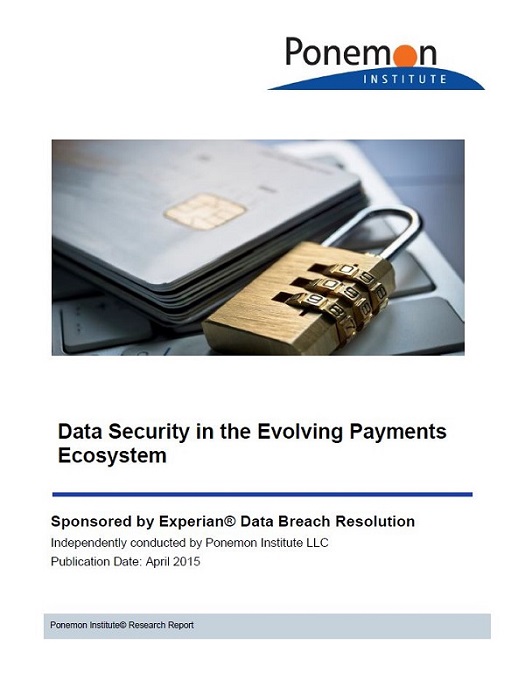sdfsad sddfs sdfsdf sdsf sd sfsdfsdf s
asdf sa dsdfdsf ds dsf sdfsdf sdfsd sdf
In this article…

 Experian is all about turning insights into action… using data for good.
Our commitment is to work with our clients, consumers, non-profits and other parties to help ensure that we, as a company and within society, continue to properly leverage big data for good.
As part of that effort, every other week we bring you Experian Insights – a round-up of news and resources highlighting how data is used for positive business, consumer and societal actions in many ways and across multiple sectors.
Experian is all about turning insights into action… using data for good.
Our commitment is to work with our clients, consumers, non-profits and other parties to help ensure that we, as a company and within society, continue to properly leverage big data for good.
As part of that effort, every other week we bring you Experian Insights – a round-up of news and resources highlighting how data is used for positive business, consumer and societal actions in many ways and across multiple sectors.

Do you know the requirements of Fair Credit Reporting Act (FCRA) section 623?

Post by Laura Levine, president and CEO of the Jump$tart Coalition, reviewing the strides made in Financial Literacy and the support of Experian.


Millennials are considered the “Me Me Me” generation. Why shouldn’t they be? Aged 18–34, millennials have everything going for them in today’s economy. The job market is favorable, and as the creators of advancing technology, they’re poised for growth. According to the U.S. Census Bureau, the “millennial” generation is projected to surpass the outsized baby-boomer generation this year to be the nation’s largest living generation. How are millennials handling credit? This is a generation unique in its behaviors and mindful of its financial position going forward. The choices millennials make as they enter their peak spending years will have a direct impact on the credit market. This is a ballooning opportunity for lenders, and it makes sense for marketers to design their brand experience to target this generation. However, lenders need to understand what appeals to millenials to reach this group. As part of our upcoming Vision 2015 session, we’re giving lenders the analytical insight they need to understand this generation better. This session will explore housing, auto, bankcard and student loan trends in credit establishment, and how millennials compare to Gen X when they were the same age. Our analysis shows that millennials haven’t fully embraced credit. They understand the importance of building credit; however, they’re adopting bankcards at a slower rate than their Gen X counterparts when they were the same age. Forty-six percent of Gen Xers had bankcards when they were 18–34 years old. On the other hand, 27 percent of millennials have bankcards, which is half the rate of the previous generation. Every generation is different and every business is trying to capture the millennials’ attention. How should lenders go about building trust and a lasting relationship with millennials? We took to the streets to speak to millennials firsthand to give you an opportunity to hear their perspective. Come join us to discover “Four great insights about millennials in 40 minutes” and rethink how you can reach millennials at the right time with the right message.

 With the objective of supporting the local community and helping Orange County residents overcome financial issues, we have partnered with the Orange County Rescue Mission (OCRM) to spread financial literacy by providing residents with the insight and resources to guide them on a journey to independence.
With the objective of supporting the local community and helping Orange County residents overcome financial issues, we have partnered with the Orange County Rescue Mission (OCRM) to spread financial literacy by providing residents with the insight and resources to guide them on a journey to independence.

test




